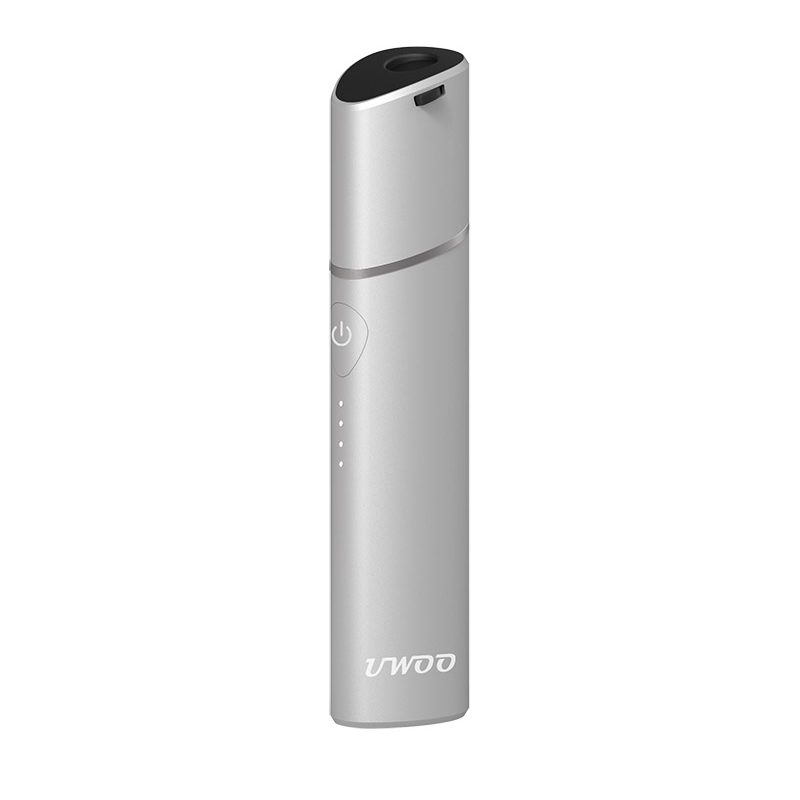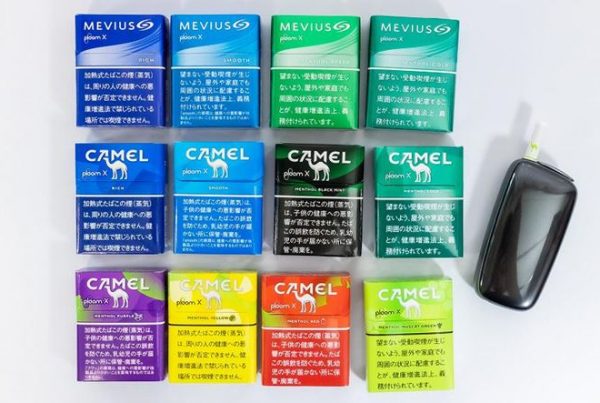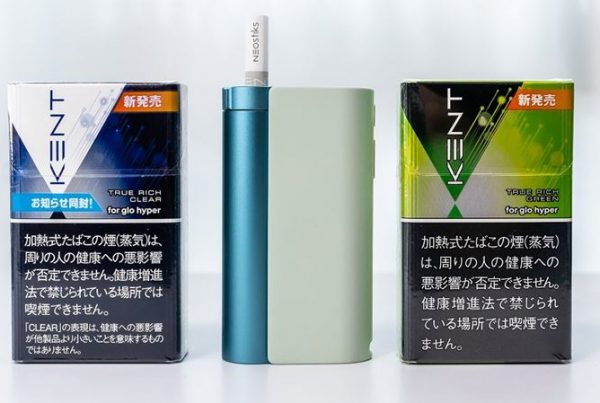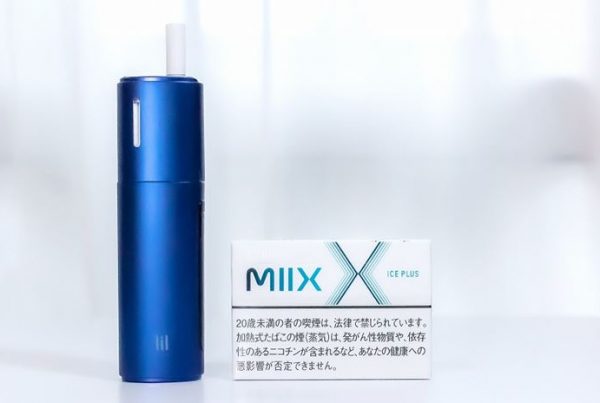According to news on April 11, the first issue of the latest Caixin Weekly reported the e-cigarette regulatory storm with a longer length.

Caixin Weekly reported that it is recognized as a new type of tobacco product and with reference to cigarette supervision, which defines the institutional ceiling of the e-cigarette industry in one sentence, but whether it is fully incorporated into the tobacco monopoly franchise system is still ambiguous.
Caixin Weekly believes that referring to cigarette regulation means that in the past few years, in the name of technology, e-cigarettes that have soared in capital, channels, and sales scale “return to pre-liberation overnight”, or will be similar to traditional tobacco monopoly control, that is to say. The monopoly and unified management of the production, sales and import and export of tobacco products has greatly disappointed the originally hot market, and the sentiment of pursuit has rapidly cooled.
Faced with the situation where the share prices of Simer and RELX were cut in half, an investor in the secondary market in Hong Kong, China, said that the e-cigarette industry will undergo a round of stock price adjustments before the policy is fully clear. Each valuation judgment needs to be adjusted in two aspects. One is the limited imagination of the total market, and the other is whether the growth rate can be maintained. If e-cigarettes are monopolized, the company’s value will be fully adjusted against the price-earnings ratio of traditional tobacco companies and other indicators.

Caixin Weekly analyzed that the most pessimistic judgment is that e-cigarettes have since been included in the tobacco monopoly system and controlled by the Tobacco Monopoly Bureau. This is what China National Tobacco Corporation hopes to see. The China Tobacco Corporation and the Tobacco Monopoly Bureau are a set of institutions and two brands. Since the 1980s, they have unified management of people, property, materials, production, sales, and exports in the Chinese tobacco industry. Specifically, the local tobacco industry companies are responsible for the production of cigarettes; the local tobacco commercial companies are responsible for the wholesale sales of cigarettes, and they are also the same institutions as the local tobacco monopoly bureaus.
At the same time, another possibility is the licensing system, which raises the barriers to entry. This is seen by leading e-cigarette companies as a good opportunity to increase market share. However, if China Tobacco Corporation controls the nicotine, the raw material of e-cigarettes, from the upstream limit, it will still It will greatly affect the overall growth of the industry; in addition, e-cigarette taxation has also been put on the agenda, which is bound to reduce the profit of the industry chain.
An expert in the e-cigarette industry from Gaolin Consulting said that e-cigarettes have 2 million employees in the country, and the radiation range may be 3.5 million. It is impossible to cut across the board. It must be standardized management.

A person close to China Tobacco told Caixin that the internal attitude of China Tobacco is that e-cigarettes must be monopolized because they have to set the ceiling of e-cigarette profits. If the monopoly system is not adopted, its sales and profits cannot be restricted.
One of the ways to restrict sales is to restrict the upstream raw materials of e-cigarettes. The nicotine in e-cigarettes is usually extracted from tobacco leaves, instead of directly using tobacco leaves from cigarette factories but from its production waste. According to China Tobacco’s production procedures, chemical factories that store waste tobacco need to sign a cooperation agreement with them, and the nicotine in e-cigarettes comes from these chemical factories.
According to e-cigarette brand owners, even if it does not monopolize, China Tobacco, which controls the tobacco industry, can control the raw materials of e-cigarettes. In the past few years, China Tobacco has reduced the supply of tobacco waste once, and the price of nicotine on the market has risen suddenly. Small e-cigarette companies often cannot buy nicotine. This is one of the reasons why the industry is often out of stock. .
Before the final policy is issued, everything is still unknown.










